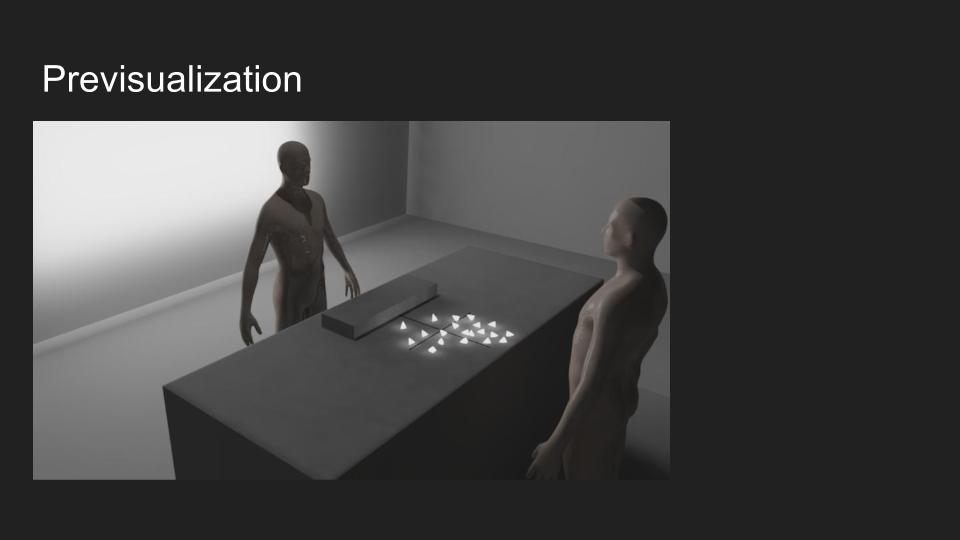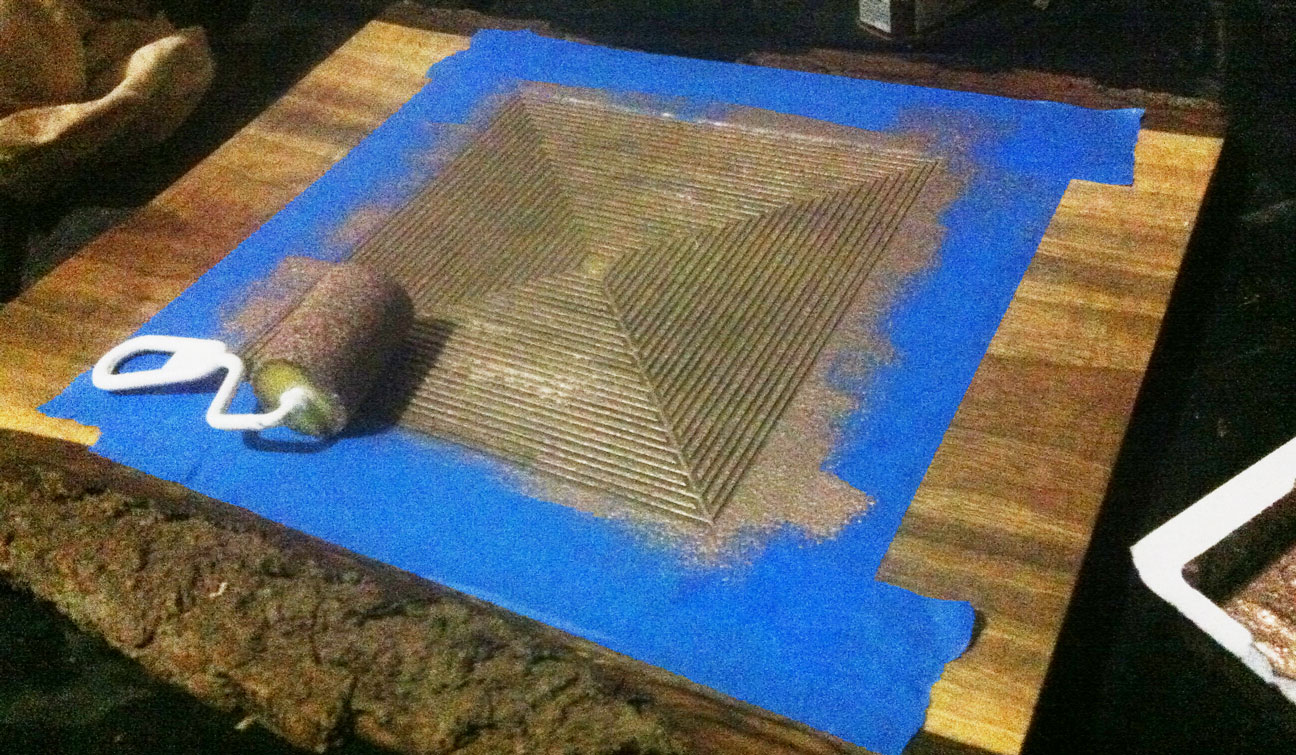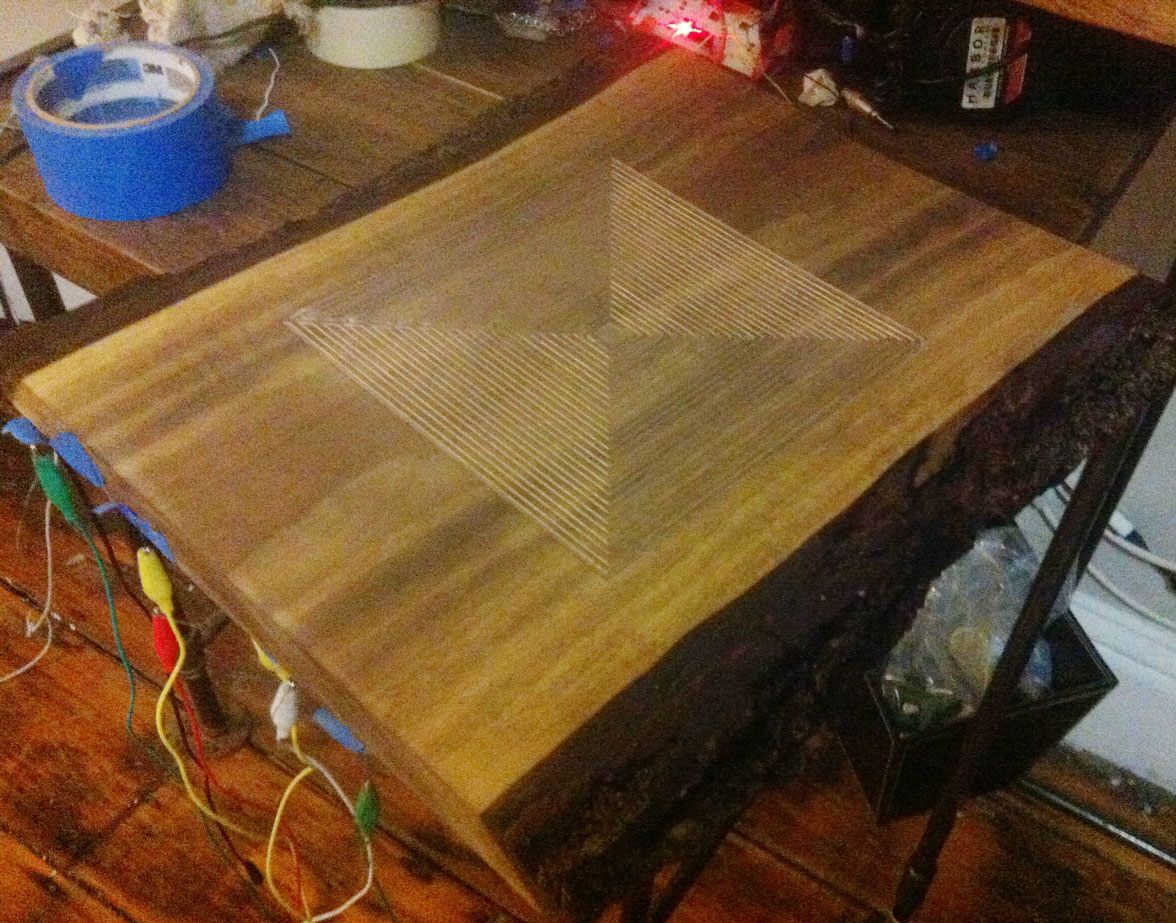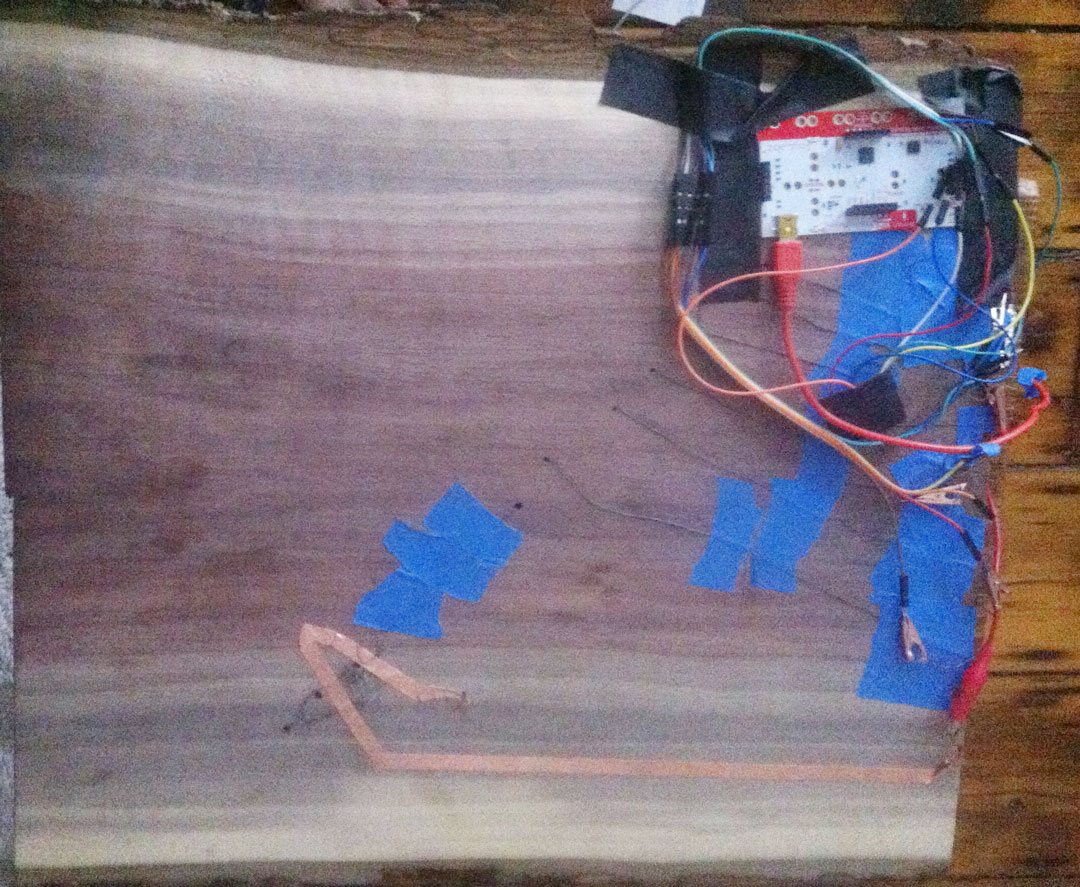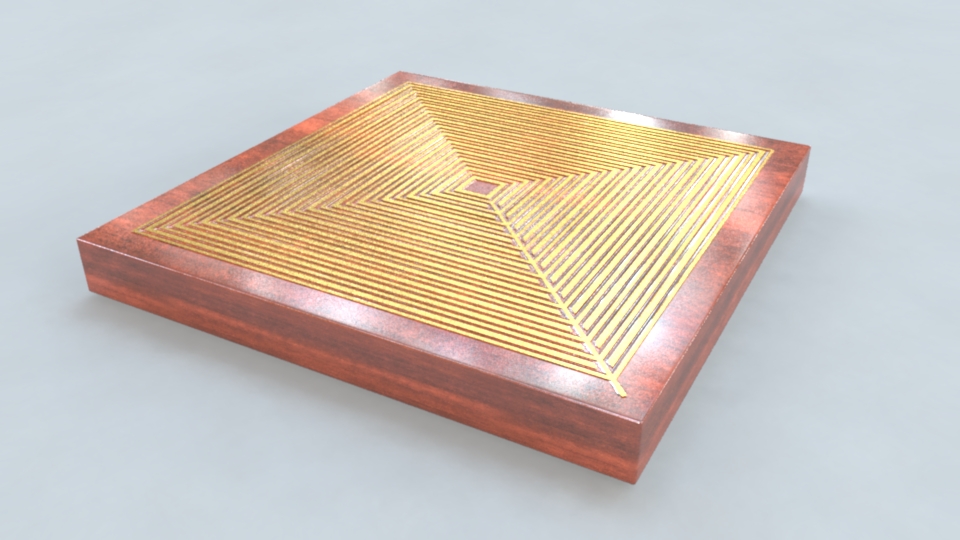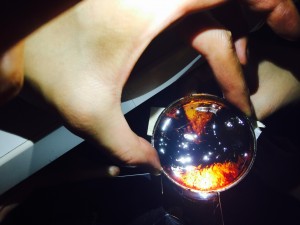Speculative memory design
Memory itself has become the determining factor of our existential satisfaction, yet at the same time the conditions of late modernity have dislodged ourselves from our physical and social environments.
In many ways this was a bargain struck for the purposes of material comfort and accumulation resulting from industrialization, and a reordering of society based upon production and consumption. This bargain was not without cost to individuals as this process of reordering required a set of separations – a disembedding. A separation of individuals from localized cultures but also within individuals of their physicality from time and space.
Technology is a disembedding condition, that acts to separate our bodies from time and space. The fact that one might project their image across the world, but also record it for another time. In its simplest sense the action being divorced from the body. We might also find that societies themselves suffer from a disembedding as social interactions become mediatized, virtualized and remote.
As we glue these pieces together the configurations seem uneasy as if there must be another way. A recreation of the traditional would be a mere simulation of what was, ill-fitting to our current material circumstances. Conversely a dive headlong into the myth of progre offered by modernity comes up short against the hollow offerings of consumerism and capitalism. And so we are left holding the pieces of ourselves, and the glue of our material capacities yet unable to create satisfying configurations.
While an inescapable condition in which we must construct a reality for ourselves, this cannot happen independently of the material world. To live in a reality of our own choosing in this way would produce a cognitive dissonance unbearable for most, or requiring of ever greater mental gymnastics to achieve internal consistency. By the other extreme, self identity cannot be a purely empirical proposition, as empiricism demonstrates what is predictively rather than that which could be. Self identity is imagination made quasi-real.
Mystical constructions of reality appeal to that with which modernity has failed to supply us. Mysticism is not a failure of knowledge, or an attempt to somehow know the unknowable but a deep desire to approach the material world as a sentient entity, that which could understand us. The horror of nature is its indifference towards us, and we project our sentience upon to remake it such that it should care for us.
While an understanding of an indifferent nature might not always seem horrific, it has always been unacceptable to regard it as such, for to do so would be to regard our own existence if it were to be meaningful as necessarily divorced from it.
An imagined future for an approach to memory would link the technological capacities for storage and of information with the human needs to structure this information within a self narrative and apply a symbolic meaning towards it. In traditional contexts this process has taken many forms, though broadly termed divination. A process by which a natural phenomena is “read” to approach the knowledge of past or future events.
The technological aspect of such a process could be used to guide an arrangements of objects by assigning them the capacity to store information and use it to augment self narrative.
